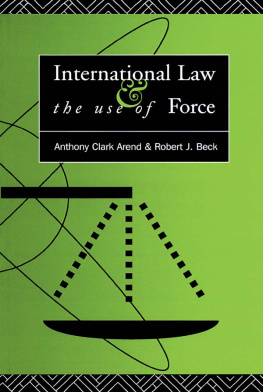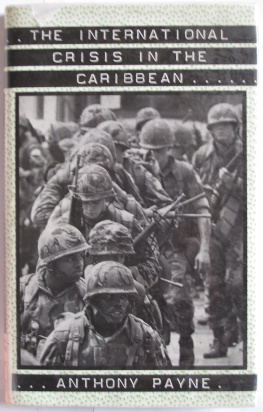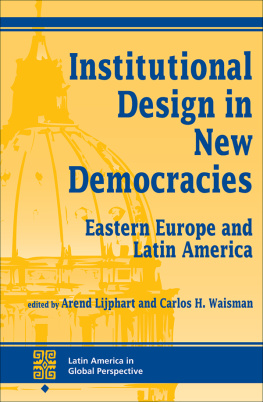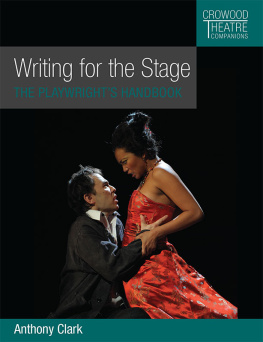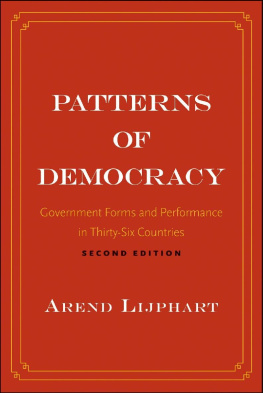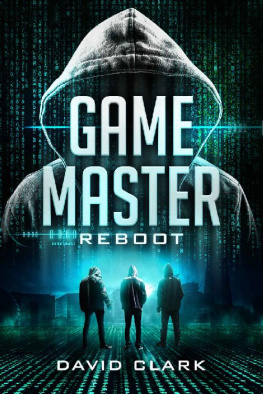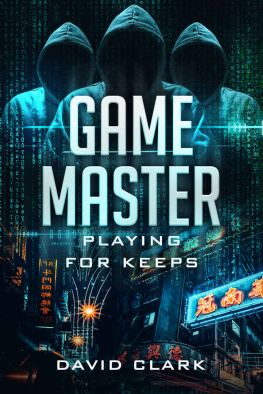International law and the use of force
When the United Nations Charter was adopted in 1945, states established a legal paradigm for regulating the recourse to armed force. In the years since then, however, significant developments have challenged the paradigm's validity, causing a paradigmatic shift. International Law and the Use of Force traces this shift and explores its implications for contemporary international law and practice.
This is an important work. It blends traditional conceptions concerning the use of force under international law with new theoretical insights to suggest a new paradigm on the use of force in contemporary international relations. The text is cogently argued, authoritatively documented, concisely written, yet intellectually balanced and comprehensive in scope.
The authors strive to put into a rigorous theoretical framework a comprehensible construct of the legal implications of using international force in the modern world. In large measure they have admirably succeeded. As both a text and scholarly monograph, this work will be a very welcome and highly useful addition to the international law literature.
Professor Christopher C. Joyner,
Political Science Department, George Washington University
International Law and the Use of Force will be of great use to all undergraduate and graduate students of international law, international relations and international organizations.
Anthony Clark Arend is Assistant Professor of Government, Georgetown University. Robert J. Beck is Assistant Professor of International Law and Organization in the Woodrow Wilson Department of Government and Foreign Affairs at the University of Virginia.
International law and the use of force
Beyond the UN Charter paradigm
Anthony Clark Arend and Robert J. Beck
First published 1993 by Routledge
Published 2013 by Routledge
2 Park Square, Milton Park, Abingdon, Oxon OX14 4RN
711 Third Avenue, New York, NY 10017, USA
Routledge is an imprint of the Taylor & Francis Group, an informa business
1993 Anthony Clark Arend and Robert J. Beck
All rights reserved. No part of this book may be reprinted or reproduced or utilized in any form or by any electronic, mechanical, or other means, now known or hereafter invented, including photocopying and recording, or in any information storage or retrieval system, without permission in writing from the publishers.
British Library Cataloguing in Publication Data
A catalogue reference for this book is available from the British Library
ISBN 0415093031 (Hbk)
041509304X (Pbk)
Library of Congress Cataloging in Publication Data
Arend, Anthony C.
International law and the use of force: beyond the UN Charter paradigm/Anthony Clark Arend and Robert J. Beck.
p. cm.
Includes bibliographical references and index.
ISBN 041409303-1: $65.00. ISBN 041509304X (pbk.): $19.95
1. United Nations Armed Forces. 2. War (International law) 3. Persian Gulf War, 1991. I. Beck, Robert J., 1961 .
II. Title
JX1981.P7A7 1993
341.62 dc20 |
92-38903
CIP |
ISBN 0415093031 (Hbk) ISBN 978-0-415-09304-0 (pbk)
041509304X (Pbk)
DEDICATION
We would like to dedicate this book to
Dr. William V. O'Brien
Professor of Government
Georgetown University
Our teacher, mentor, and friend
This book reflects the contributions of many. As originally conceived, its authors were to have included William T. Parsons, Esq. and Dr. Alberto R. Coll. Governmental commitments, however, prevented our colleagues from participating in the writing. Nevertheless, they provided valuable insights during the conceptualization process. Indeed, the idea of a new work on international law and the use of force originated with Bill.
During the course of the project, a number of individuals and institutions provided vital support. Professors Ken Booth, Christopher C. Joyner, Ruth Lapidoth, and Eugene V. Rostow offered constructive comments on earlier drafts of the manuscript. We have also appreciated the encouragement of our colleagues, including Professors Inis. L. Claude, Jr., Robert J. Lieber, R. K. Ramazani, Abiodun Williams, and Francis X. Winters. Many of our students at Georgetown University, the University of Virginia, and the University of Minnesota contributed to our efforts. These include Elizabeth Anderson, Marc Bernstein, Karen Brown-Thompson, Tania Hanna, April Morgan, Renee Robinson Phillips, Mona Reinhardt, Robert Vander Lugt, Esq., Haleh Vaziri, and Philip Yang. We would like to extend our special thanks to Charles D. McGraw of the University of Connecticut. Our gratitude is also due to Bernadette Beck and Kathleen Grant who exactingly proofread our manuscript.
At our book's inception, crucial institutional support was supplied by the Center for National Security Law at the University of Virginia School of Law, directed by Professor John Norton Moore. Similarly, through a Walsh Research Grant, Georgetown University's Walsh School of Foreign Service and Associate Dean Charles E. Pirtle furnished generous financial assistance.
The enthusiasm of Gordon Smith and the staff of Routledge sustained our efforts over the years. We are indebted particularly to Gordon for his faith in our project and patience with its authors.
Finally, we have dedicated this book to Professor William V. O'Brien. Dr. O'Brien taught international law at Georgetown University for nearly half a century until his retirement in 1993. Both of us are fortunate to be counted among his students, which number in the thousands. Dr. O'Brien instilled in us a concern for the ethical and legal dimensions of armed conflict, the focus of his life's writings. We hope our work will further scholarship in this area and live up to BilFs example.
We would like to thank the following journals for permission to reprint portions of several articles: the Georgetown Law Journal for Anthony Clark Arend, The United Nations and the New World Order, vol. 81, 1993; the Harvard Journal of World Affairs for Anthony Clark Arend, The United Nations and the Termination of the Gulf War, vol. 1,1992; and the Stanford Journal of International Law for Anthony Clark Arend, International Law and the Recourse to Force: A Shift in Paradigms, vol. 27, 1990.
On August 2, 1990, in one of the most provocative moves of the post-Second World War era, Iraqi troops invaded Kuwait. The invasion force proceeded quickly to subdue Kuwaiti troops and to establish control over the beleaguered state. In a broadcast statement, Baghdad Radio warned other states not to aid Kuwait, claiming that Iraq would make Iraq and Kuwait a graveyard for those who launch any aggression.
The condemnation of Iraq by the world community was instant. US President George Bush referred to the Iraqi invasion as naked aggression that violates the United Nations charter.
In the early morning hours after the invasion, the United Nations Security Council convened. This was the body of the world organization charged with the maintenance of international peace and security. While the Iraqi Ambassador attempted to justify the actions of his state, delegate after delegate called Iraq's action a violation of Article 2, paragraph 4 of the United Nations Charter. This provision prohibits the threat or use of force against the territorial integrity or political independence of any state or in any other manner inconsistent with the Purposes of the United Nations.


